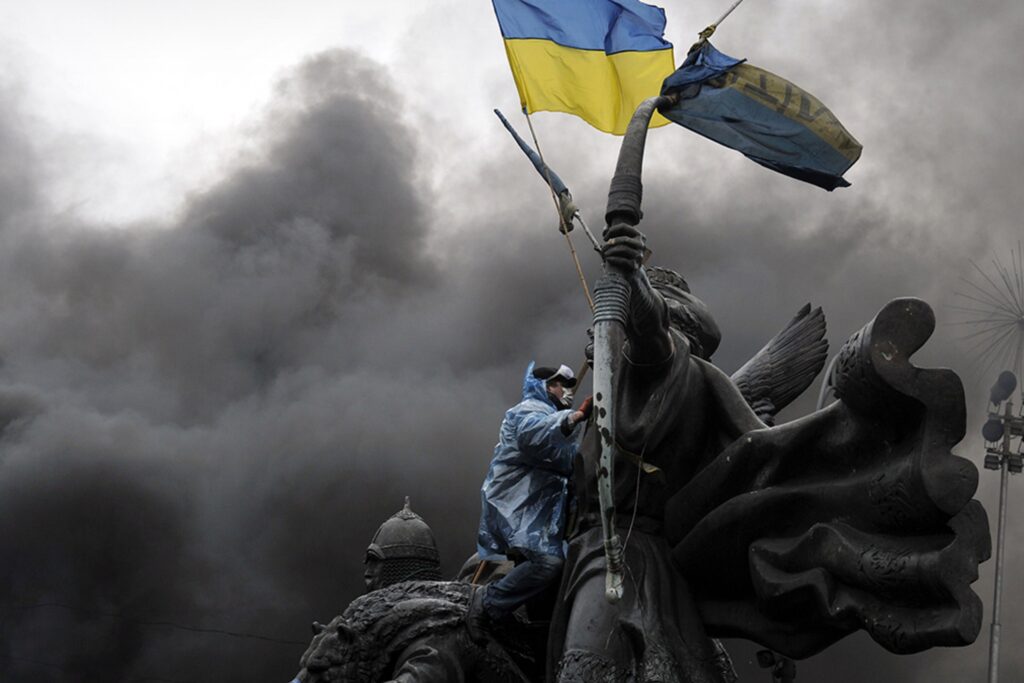Ukraine was a cornerstone of the Soviet Union, the archrival of the United States during the Cold War. Behind only Russia, it was the second–most populous and powerful of the fifteen Soviet republics, home to much of the union’s agricultural production, defence industries, and missiles, including the Black Sea Fleet and some of the Nuclear arsenal.
Ukraine was so vital to the union that its decision to sever ties in 1991 proved to be a coup de grâce for the ailing superpower. In its nearly three decades of independence, Ukraine has sought to forge its own path as a sovereign state while looking to align more closely with Western institutions, including the European Union and the North Atlantic Treaty Organisation (NATO).
However, Kyiv has struggled to balance its foreign relations and to bridge deep internal divisions. A more nationalist, Ukrainian-speaking population in Western parts of the country has generally supported greater integration with Europe, while a mostly Russian-speaking community in the East has favored closer ties with Russia.
Ukraine became a battleground in 2014 when Russia annexed Crimea and began arming and abetting separatists in the Donbas region in the country’s southeast. Russia’s seizure of Crimea was the first time since World War II that a European state annexed the territory of another. More than 14,000 people have died in the conflict, the bloodiest in Europe since the Balkan Wars of the 1990s.
For many analysts, the conflict marked a clear shift in the global security environment from a unipolar period of U.S. dominance to one defined by renewed competition between great powers.
Global concerns
- Deteriorating relations with USA. The conflict in Ukraine risks further deterioration of U.S.-Russia relations and greater escalation if Russia expands its presence in Ukraine or into NATO countries.
- ‘Shift NATO focus to Europe again An escalating crisis in Ukraine threatens to upend recent efforts by the US and NATO to shift the alliance’s attention to the security challenge posed by China, and would push it back toward its traditional role of protecting Europe and, by extension, North America.
- Imposed sanctions The West imposed sanctions on Russia after the seizure of Crimea and could add painful new measures, such as preventing it from pumping Russian gas through the newly built Nord Stream 2 pipeline to Germany. Nord Stream 2 is one of two pipelines that Russia has laid underwater in the Baltic Sea. In addition to its traditional land-based pipeline network that runs through Eastern Europe, including Ukraine.
- Energy crisis In any conflict- Europe worries Russia will turn down gas and oil sup- driving energy prices up.
- Global peace The conflict has heightened tensions in Russia’s relations with both the US and Europe, complicating the prospects for coop elsewhere including on issues of terrorism, arms continued and a pol solution in Syria.



